An Overview of How Mental Health Disorders & Issues Can Act on Elite Athletes Performance
Anxiety is an emotion and it is similar to many others, since it has common aspects of these (e.g, anguish, fear, restlessness, tension or worry). It can be classified into two levels, healthy anxiety and pathological anxiety. Therefore, anxiety can be a healthy reaction when it effectively helps to cope with a real threat, but it may not be as healthy in others. In any circumstance of daily life, a certain level of anxiety can manifest. It is estimated that more than 20% of the world population suffers from some symptom related to anxiety without knowing it, sport is no exception. When practicing a sport there are usually situations of success and failure, that is, both positive and negative situations. A research study published by the British Journal of Sports Medicine stated out that the occurrence of mental health disorders and issues and symptoms added up to a 34% of depression/ anxiety problems amongst active elite athletes, whereas, an average of 19% was accounted for alcohol misuse in current pro sports players. On the other hand, when it comes to former elite athletes the gotten figures were equivalent to 26% for depression/anxiety and a total amount of 16% for distress, said by Vincent Gouttebarge et la 2019.
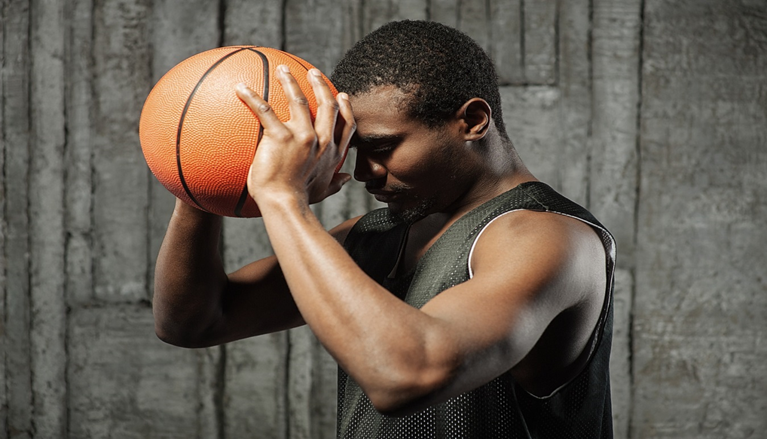
According to a correlative-predictive study carried out by University of Toronto which highlights that unsurprisingly 31.7% of the elite athletes in the evaluation presented to have sings of depression of every mental health disorders types, where a figure of 12.9% was representing to severe symptoms, a total number of 18.8% accounted for moderate symptoms and general anxiety symptoms reached up to 5.9%. Furthermore, 8.6% of the screened individuals reported outcomes suggesting a meaningful risk of an eating disorder (Z.A.Poucher et la 2021).
Elite athletes tend to cope with a significant heap of pressure and stress as a consequence of this they have got to deal with a lot of contradictory expectations, particularly at the Olympics, indicates Poucher.
It is worth to mention that one of the celebrities with mental health disorders who most recently reported a case of a high-level athlete withdrawing from competition was when the four-time Olympic gold medal-winning gymnast Simone Biles who claimed to experiencing mental health disorders and anxiety attacks.
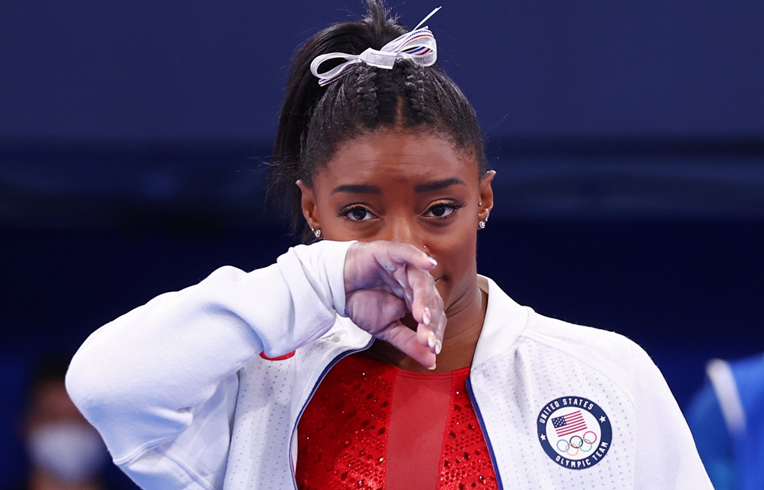
According to a recent study with youth soccer players, it was revealed that athletes who expressed high levels of anxiety and mental health disorders had 7.08 times more risk of injury than soccer players with low levels of anxiety, and those who handled sports pressure worse had 5.33 times more risk of injury.
From the field of Psychology, the mental health diagnosis uk approach to anxiety attacks takes on an important relevance, as it is associated with phenomena, such as stress, tiredness, fatigue, discouragement, or eating disorders, amongst others, which can have an important impact on physical and emotional health, published in an article of Human Kinetics Journals by Marjorie Bernier et la 2014.
In the first of the aspects reviewed, the effects of anxiety on sports performance have been extensively studied for decades. The professionalization of most sports is increasingly demanding, which affects an exhaustive analysis of any factor that to a greater or lesser extent, and directly or indirectly, may influence the final result of the event. Several studies have linked a high level of anxiety with a worse performance of the athlete. Moreover, if the subject experiences negative thoughts patterns and expectations of failure, this may be led to an accomplished omen in the very near future, points out an article of Verywellmind.
Anxiety raises the frequency of injuries in athletes from five to seven times, according to the results of a study carried out by experts from the San Antonio Catholic University of Murcia.
In this sense, an elite athlete can be impaired by the fact that they may find themselves in a complex of the negative things without even becoming aware of the positive ones. This, in turn, can trigger an endlessly vicious cycle resulting in wanting to avoid participating from sporting events or merely giving up, aiming to reduce the failure chances and underperforming, therefore, this may develop a paucity of motivation, posted in an article issued by Jenkins Soft Tisue Therapy.
3 factors that can be generated by mental health disorders
Lack of appetite
It is widely known that outstanding sporting performance goes hand in hand with nutrition and a balanced diet, for this reason is greatly fundamental to keep a persistent eating pattern, so is relevant to say that owing to the fact of diminishing food intake can take a huge toll on physical health and competition performance.
Struggling to focus
It is not an easy task to focus on your goals when you are presenting a storm of countless thoughts thereby is quite troublesome to concentrate and get in the zone.
Social anxiety
It manifests itself on occasions as a mental block that prevents you from resolving a situation in the most appropriate way. Also, people and athletes do actually know they are struggling to carry out certain tasks nonetheless they do not recognise what the main source of that hindrance is.
On the other hand, physical exercise can be beneficial when is used as a therapy to reduce anxiety both in healthy people and in individuals with various diseases. The release of different hormones, alongside psychological factors due to physical activities, can lead patients to improve in this aspect of their lives.
Anxiety and stress could be classified as a positive emotional state, according to the benefit and perception given to them, since they can generate an optimal level of alertness in the body, improving cognitive and behavioral activity, with the appropriate handling, level and attention.
An important aspect in the study of anxiety applied to sport is the so-called precompetitive anxiety, which usually occurs in the 24 hours prior to a competition. The handling of this will depend on what the athlete is dwelling on and on his experience in sports. However, there are certain factors that can contribute to the increase or decrease of this precompetitive anxiety e.g. changes in the usual situation, importance of the event, erroneous information or knowledge of the rival, etc.
The study of anxiety in high-performance athletes covers a large space in the Sports Psychology literature. The importance lies in the impact negative emotional states have on performance in competition and training. Most of the failures in competitions are explained by problems due to anxiety management, indicated by Mary D. Walling and Joan L. Duda 2013.
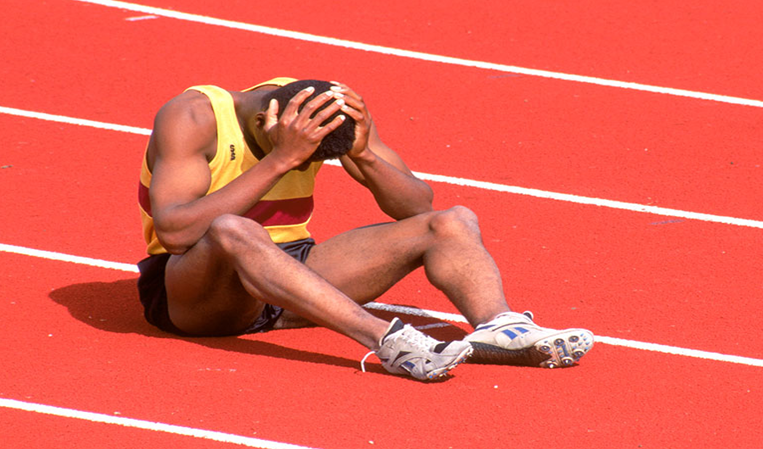
hat causes anxiety in elite athletes and sportsmen?
Although it is easy to identify typical antecedents of anxiety, it is very difficult to pinpoint the causal nature of these factors, since it is unethical in experimental conditions to manipulate variables to induce anxiety in those participants under study.
Therefore, the types of research carried out obey rather a study of a correlational type, that is, relational i.e. the most common personal and situational antecedents of anxiety.
The anxiety generated by the competition, which aspects can lead to it?
The more importance you place on your competition, the more likely you are to experience anxiety.
It is very frequent that when the date of the competition approaches the athletes begin to speculate about the situation, our performance and the different possibilities that could come about.
Perception of public expectations
As the athlete obtains achievements and successes in his sports career, the expectations of others regarding his performance increase. Depending on how the athlete interprets this factor, it can determine his level of anxiety since he can perceive it as a source of external pressure.
Perfectionism
Research on the desire to achieve perfection and set high standards for one's performance is controversial. On the other hand, there are those who affirm that perfectionism is an important step towards the achievement of Olympic excellence, while others conclude that it is an obstacle to sporting success.
Fear of failure
Another cause that can generate diverse reactions; in a smaller percentage, some athletes use it as a motivational tool. However, amongst the most frequent fears, failure appears, due to the predominance of the “win at all costs” discourse, which favors reinforcing vulnerability to performance anxiety.
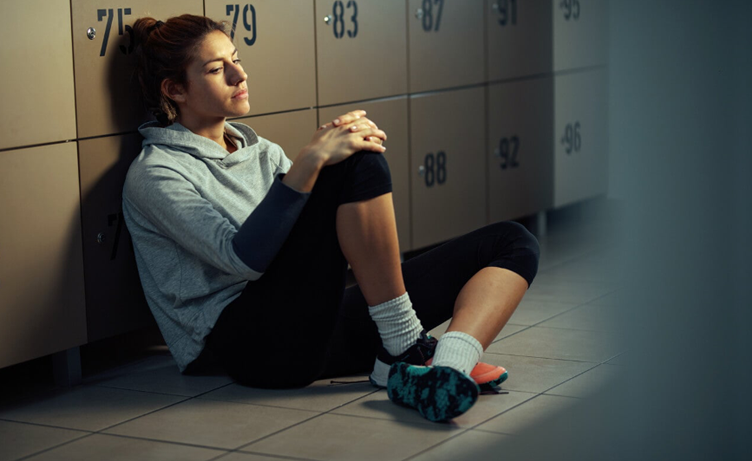
If an athlete believes that their self-esteem is measured by achievement, they may feel more nervous at the prospect of defeat, which translates as a source of threat to their worth.
Low self-confidence
Believing that one is capable and has the skills to perform a task or solve a problem is basically to trust oneself, and that generates tranquility. Self-confidence is a protective factor that goes against interpretations that infringe anxiety. In the reverse case, therefore, it is a determinant of anxiety.
Learn how to identify the causes of your anxiety to be a better athlete
For an athlete to be able to explore and identify the causes that lead him to experience greater anxiety when competing, is a preliminary step so that he can be aware of oneself and train anxiety control in sports situations that more stress and pressure they generate.
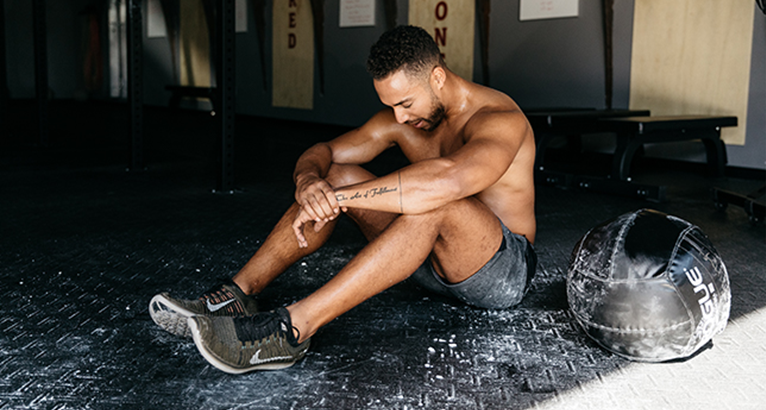
Although the individual cannot modify the situations that occur in the environment, in this case, the pressure situation, the athlete can learn to give it another interpretation that is not presented as a threat to his well-being, but rather that his perception is positive and represents a challenge.
Cognitive anxiety
(This is, thoughts and concerns) is usually higher and more stable in the days before competing, being that its somatic part (manifestations throughout the body) remains at a low and stable level, having a maximum expression in the minutes prior to competing.
Published by Rafael Peña for www.mysportsinjury.com
References
- Bernier, M., Thienot, E., Pelosse, E. y Fournier, J. Effects and underlying processes of a mindfulness-based intervention with young elite figure skaters: two case studies. The Sport Psychologist. 2014.
- Covassin T, Beidler E, Ostrowski J, Wallace J. Psychosocial aspects of rehabilitation in sports. Clin Sports Med. 2015 Apr;34(2):199-212.
- Vlachopoulos, S., Biddle, S.J. H. y Fox, K. Determinants of emotion in children’s physical activity: Atest of goal perspectives and attribution theories. Pediatric Exercise Science, 2016; (9) p. 65.





